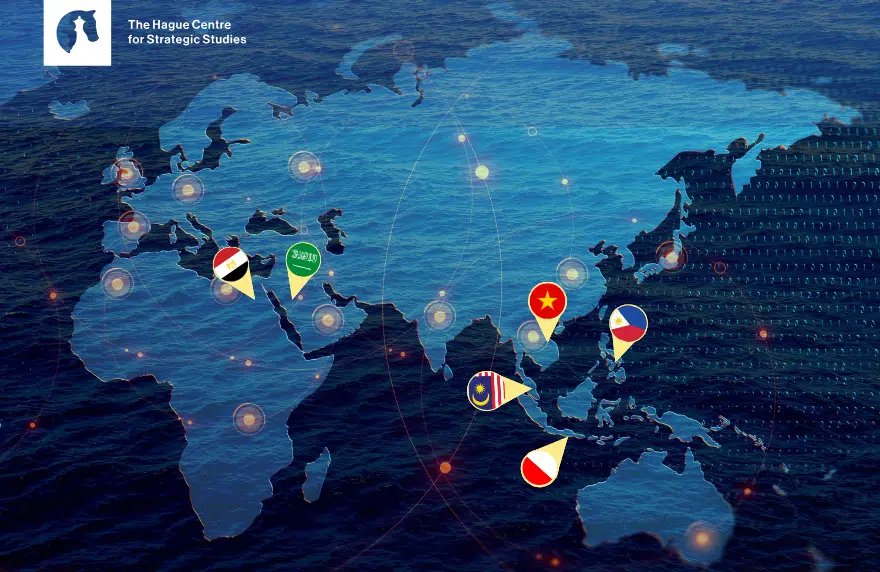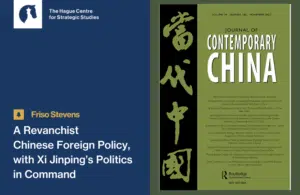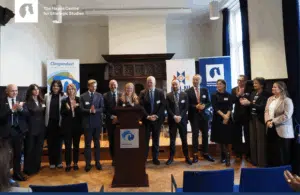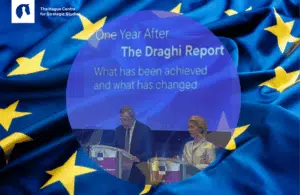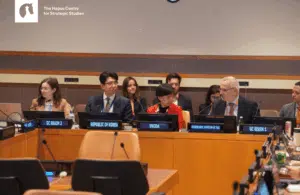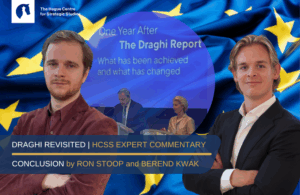New report | Bridging Waters: Strengthening Europe’s Maritime Security Engagement Through Partnerships with Rising Middle Powers
In a new report ‘Bridging Waters: Strengthening Europe’s Maritime Security Engagement Through Partnerships with Rising Middle Powers,’ Benedetta Girardi and Pieter-Jan Vandoren explore how Europe can strengthen maritime security in the South China Sea and Red Sea through cooperation with rising middle powers. The study outlines urgent threats, identifies high-value preventive and responsive measures, and presents an actionable agenda for European policymakers.
Bridging Waters: Strengthening Europe’s Maritime Security Engagement Through Partnerships with Rising Middle Powers
In a new report ‘Bridging Waters: Strengthening Europe’s Maritime Security Engagement Through Partnerships with Rising Middle Powers,’ Benedetta Girardi and Pieter-Jan Vandoren explore how Europe can strengthen maritime security in the South China Sea and Red Sea through cooperation with rising middle powers. The study outlines urgent threats, identifies high-value preventive and responsive measures, and presents an actionable agenda for European policymakers.
HCSS Publieksmonitor Winterpeiling: Maatschappelijke stabiliteit blijft broos, interne spanningen domineren dreigingsbeeld
Volgens de Winterpeiling van de HCSS Publieksmonitor krijgt de maatschappelijke stabiliteit in Nederland een krappe voldoende (6.1) . Binnenlandse spanningen, dalend vertrouwen in de overheid en groeiende zorgen over extremisme domineren het beeld. Tegelijkertijd blijkt de sociale samenhang de belangrijkste bron van veerkracht. Lees nu de nieuwste analyse van wat Nederlanders zien als grootste dreigingen én sterkste fundamenten van onze samenleving.

